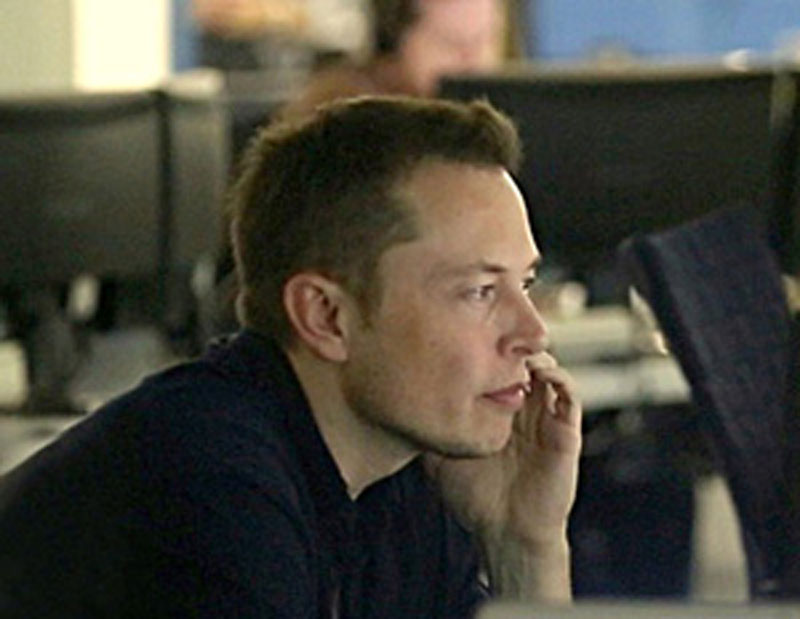Tesla said its board is considering a surprise plan by chief executive Elon Musk to withdraw the company from public trading.
In a statement on the company’s website, six of Tesla’s nine directors said Tesla’s board had met several times in the past week to discuss a possible buyout and was “taking the appropriate next steps to evaluate this”.
The plan, which Musk announced on Twitter earlier this week, would be the biggest buyout in history, but most analysts have said they are sceptical it can be successfully brought to completion, with JPMorgan analyst Ryan Brinkman saying there was only a 50 percent probability that Tesla would in fact go private.
The outspoken Tesla chief executive caused confusion on Tuesday when he announced the move in a Twitter post, rather than an official regulatory filing, causing some to wonder whether the message was linked to a concrete strategy or was only off-the-cuff speculation.

Surprise move
Musk insisted that he has funding “secured” to make the strategy work, but didn’t give details. Tesla’s board also declined to provide further information.
Publicly listed US companies are allowed to use social media to disclose investor information, as long as investors have been told which outlets will be used. Tesla identified Musk’s Twitter account as such a channel in 2013.
Bernstein analysts called the disclosure “haphazard”, even as others said the move could be a good one.
Musk has had a fractious relationship with financial analysts, one of the reasons he said he wanted to take Tesla private.
He said he wanted to pay shareholders $420 (£326) per share for the buyout, a significant premium to the $340 shares were trading at before the announcement. Such a deal would value Tesla at more than $70bn.
Following the announcement shares surged 11 percent to close at $380.
The deal would require tens of billions of dollars of new investment, but Musk said it would free Tesla from having to meet short-term quarterly targets and from distractions caused by swings in its share price.
He also cited the nefarious influence of “negative propaganda” from those who bet on the company’s stock going down. Tesla is the single most popular company for these so-called short sellers.
‘Short-term thinking’
“Basically, I’m trying to accomplish an outcome where Tesla can operate at its best, free from as much distraction and short-term thinking as possible,” he wrote in a message to staff.
The challenges of raising funding include the fact that Tesla has never made a profit and is spending heavily to increase production of its latest Model 3 car. Tesla reported a record loss in its most recent quarter.
But Musk said the company should be profitable by the second half of this year, and he insisted on Twitter that “investor support is confirmed” with the deal only contingent on a shareholder vote.
RBC said it was led to believe Musk could have “significant outside funding” lined up, while Jeffries said the move “feels right”.
Separate reports said Saudia Arabia’s sovereign wealth fund has taken a 3 to 5 percent stake in Tesla worth at least $1.9bn. China’s Tencent took a 5 percent stake in 2017.




